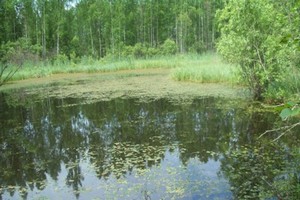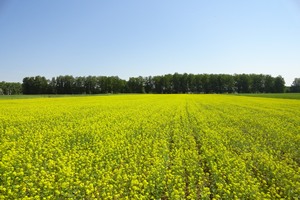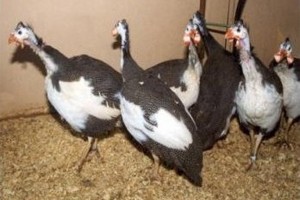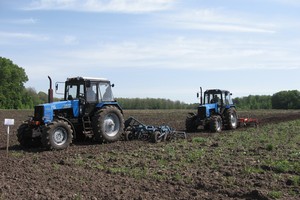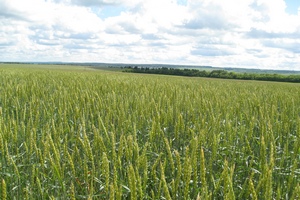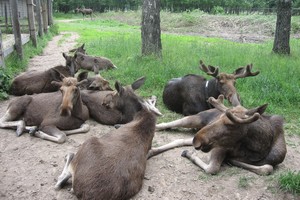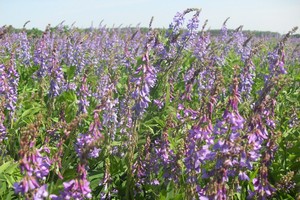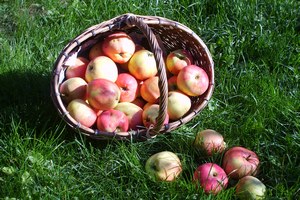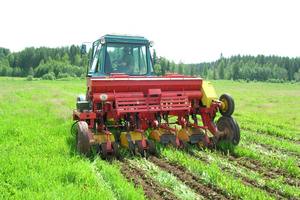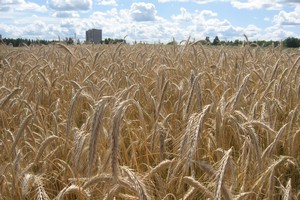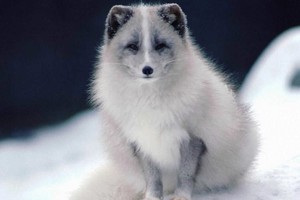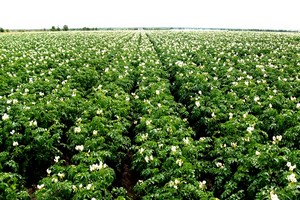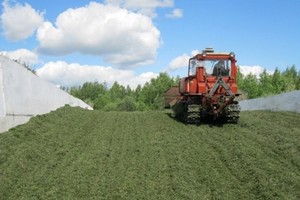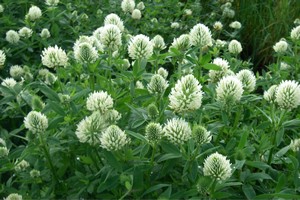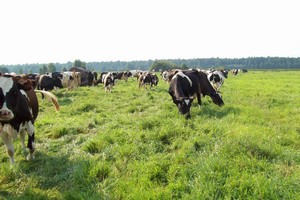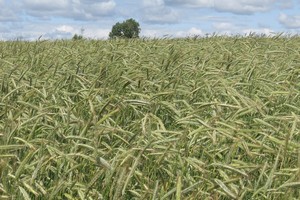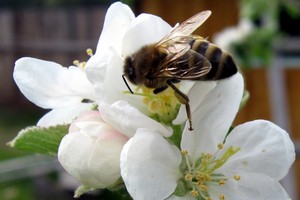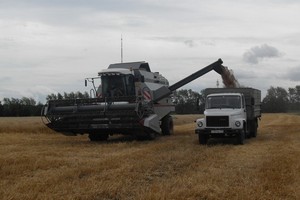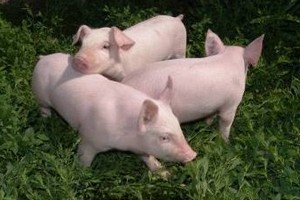Cluster as a control object and socio-economic systems
doi: 10.30766/2072-9081.2015.49.6.75-80.
Pages: 75-80.
read allKostenko O.V., PhD in economics, associate professor, vice-rector, head of cathedra
Vyatka State Agricultural Academy, Kirov, Russia, North-East Regional Agrarian Scientific Center, Kirov, Russia
E-mail: kostenko_ov@vgsha.info
Experience in the use of the cluster approach has shown the importance of the scientific substantiation of formation and realization of cluster policy. The purpose of the work is to formulate of ideas about the cluster as a socio-economic system (elements, communications, external environment and border). The basic characteristics of cluster are the independence of its members, informal ties between them, territorial proximity, vertical and horizontal communication. The cluster is characterized by parameters depth and width. A typical composition of the cluster includes basic enterprises (including enterprises cluster core), research and educational institutions, and infrastructure of the cluster, the cluster manager, social and professional organizations (the role of communicators), authorities. "Critical Mass" (number of members) is required for cluster development. Basic communication and driving forces of the cluster is a competition (between the companies in the same level of the value chain), especially among producers of the final product of the cluster, and cooperation (between the companies related and overlapping links of the value chain). Сluster attracts buyers. It is developing inbound industry, reducing barriers to entry and exit in the industry cluster. It reduces the appearance of new companies. Companies in the cluster are stronger competitors outside the cluster. The boundaries of the cluster are mobile and blurred, agents are free to enter and exit from the cluster. The cluster exhibits the properties of innovation, exporting products outside the region and serves as a point of growth for the regional economy in the interaction with the environment.
Keywords: cluster, the cluster mechanism of competition and cooperation, the cluster boundary, cluster interaction with the environment
References
1. Petrov A.P. Teoretiko-metodologicheskie osnovy formirovaniya sotsial'no-orientirovannogo klastera v regione: Diss. d-ra ekon. nauk. [Theoretical and methodological bases of formation of socially oriented cluster in the region: DSc Thesis in economics]. Ekaterinburg, 2014. 420 p.
2. Kostyaev A.I. Territorial'naya differentsiatsiya sel'skokhozyaystvennogo proizvodstva: Voprosy metodologii i teorii. [Territorial differentiation of agricultural production: the methodology and theory]. SPb.: Izd-vo SPbGUEF, 2006. 240 p. [Electronic resource] Scientific electronic library Elibrary.ru. Available at: http://elibrary.ru/download/61629922.pdf (accessed 26.09.2015).
3. Boytsov A.S., Kostyaev A.I. K voprosu o teorii klasterov i klasternom podkhode [To a question about the theory of clusters and cluster approach]. Ekonomika sel'skokhozyaystvennykh i pererabatyvayushchikh predpriyatij. 2009. no. 10. pp. 25-31.
4. Markov L.S. Ekonomicheskie klastery kak forma funktsionirovaniya i razvitiya promyshlennosti regiona (na primere klasterov vysokikh tekhnologij g. Novosibirska): avtoref. dis. … kand. ekon. nauk. [Economic clusters as a form of functioning and development of industry in the region (on example of clusters of high-tech city of Novosibirsk): Authors's abstract of PhD thesis]. Novosibirsk, 2006. 24 p.
5. Markov L.S. Teoretiko-metodologicheskie osnovy klasternogo podkhoda v ekonomike: avtoref. dis. … dokt. ekon. nauk. [Theoretical and metho-dological basis of cluster approach in the economy: Author's Abstract of DSc Thesis]. Novosibirsk, 2014. 19 p.
6. Boush G.D. Formirovanie i razvitie promyshlennykh klasterov: teoriya i metodologiya: avtoref. dis. … dokt. ekon. nauk. [The formation and development of industrial clusters: the theory and methodology: Author's Abstract of DSc Thesis]. Sankt-Peterburg, 2012. 42 p.
7. Kutsenko E.S. O klasterakh s vysoty ptich'ego poleta. [Clusters with bird'seye view]. [Electronic resource] Available at: http://evg-ko.live-journal.com/17828.html (accessed 05.10.2014).
8. Kutsenko E.S. Klastery v ekonomike: praktika vyyavleniya. [Clusters in the economy: the practice of identifying]. Obozrevat'-Observer. 2009. no. 10. pp. 109-126.
9. Kostenko O.V. Klasternyj podkhod k razvitiyu ekonomiki kak rezul'tat evolyutsii ekonomicheskikh teorij. [The cluster approach to economic development as a result of the evolution of economic theory]. Ekonomika i sotsium, 2015. no. 3. [Electronic resource] Available at: http://iupr.ru/domains_data/-files/zurnal_16/Kostenko%20O.V.-Statya-Zh-Ekonomika% 20i%20socium-Evolyuciya%20klast.teorii.pdf (accessed 26.09.2015).
10. Kostenko O.V. Opredelenie ponyatiya «klaster» s pozitsiy sistemnogo podkhoda v ekonomike. [The definition of "cluster" with the system approach in economics]. Innovatsionnaya nauka. 2015. no. 9. pp. 165-168. [Electronic resource] Available at: http:// aeternaufa.ru/sbornik/IN-9.pdf (accessed 26.09.2015).
11. Porter M.E. Konkurentsiya: Per. s angl. [Competition: Per. from English]. Moscow: Izdatel'skiy dom «Vil'yams», 2005. 608 p.
12. Dreving S.R. Klaster kak organizatsionno-ekonomicheskaya forma mezhotraslevoj narodnokhozyaystvennoj sistemy (na materialakh rybopromyshlennogo kompleksa Kamchatskogo kraya): avtoref. dis. … dokt. ekon. nauk. [Cluster as an organizational-economic form of inter-sectoral national economic system (on materials of the fishing industry of Kamchatka Territory): Author's Abstract of DSc Thesis]. Saint-Petersburg, 2010. 48 p.
